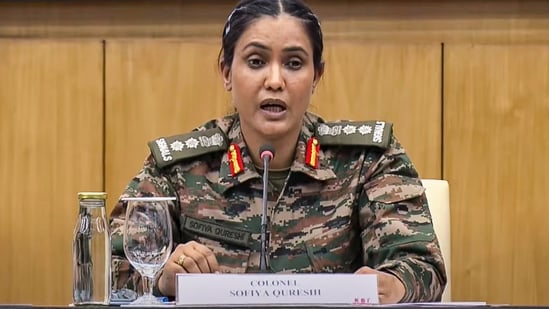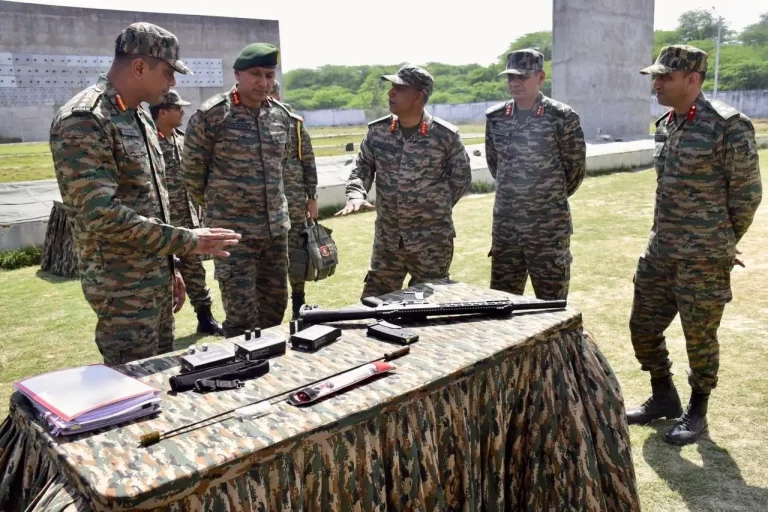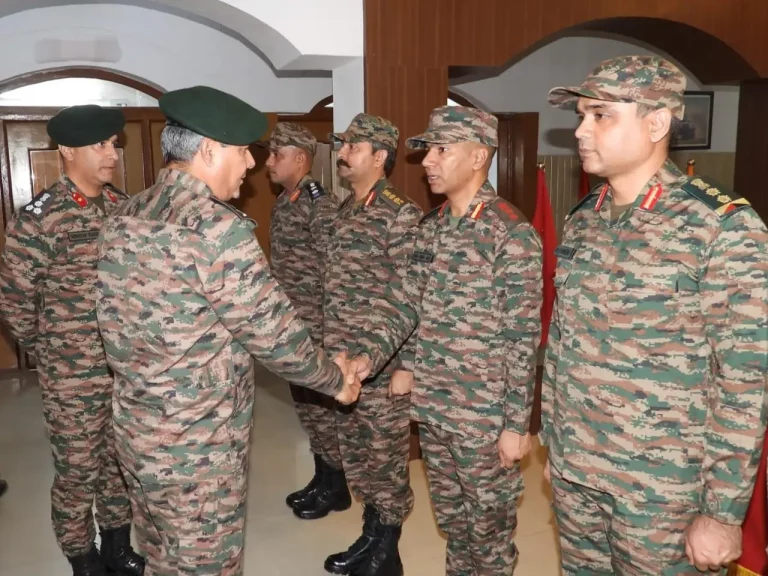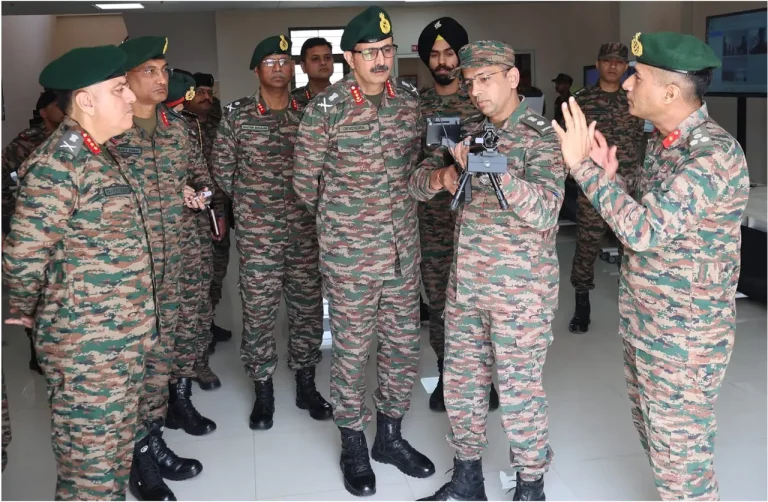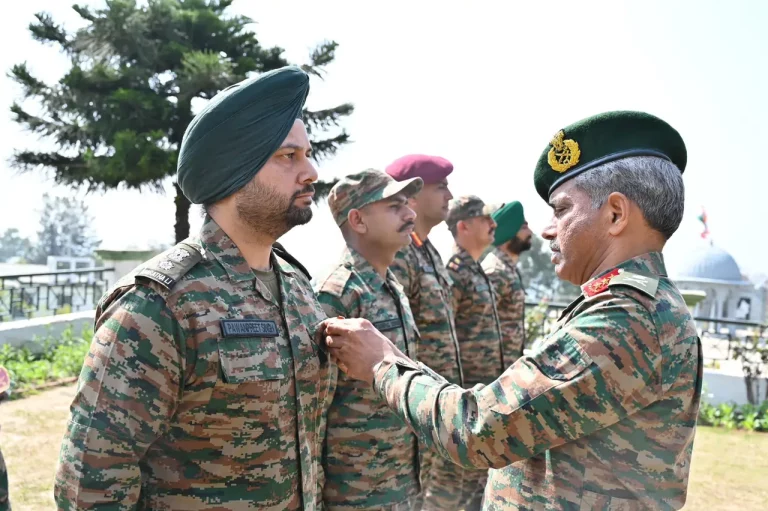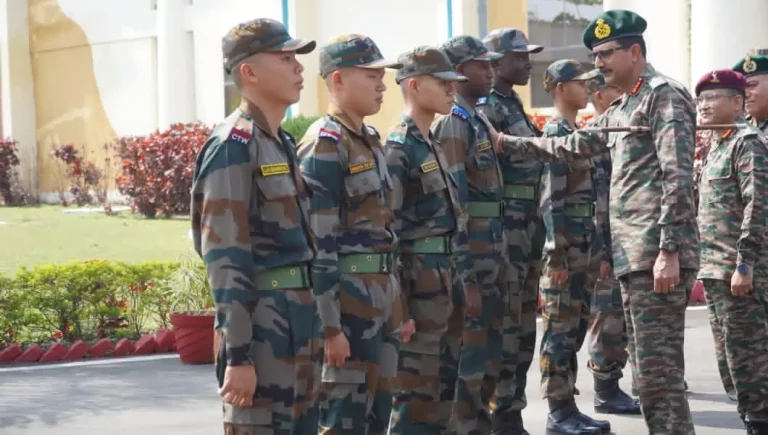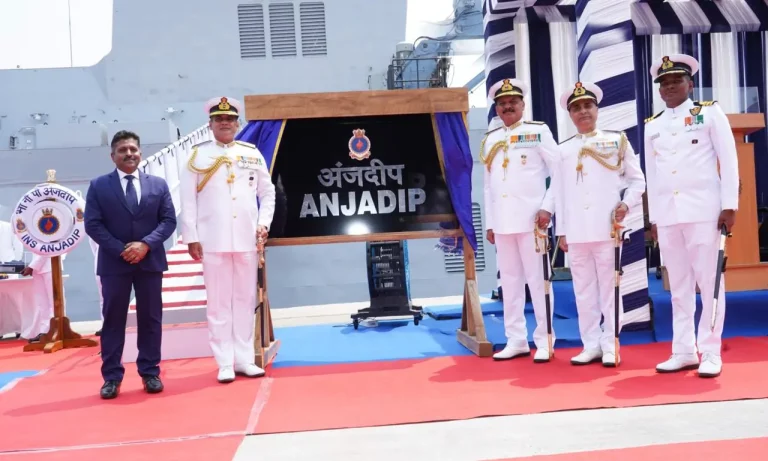In a recent press briefing, Colonel Sofiya Qureshi of the Indian Army firmly rejected claims made by Pakistan regarding the damage to critical defense installations, including the advanced S-400 missile system and BrahMos missile bases, purportedly resulting from Indian military operations. These allegations also encompassed supposed targeting of Indian airfields and ammunition depots. Colonel Qureshi dismissed these assertions as part of a broader misinformation campaign orchestrated by Pakistan.
The briefing took place on May 10, 2025, shortly after India initiated Operation Sindoor, a military action designed to dismantle terrorist infrastructure in Pakistan and Pakistan-administered Kashmir (PoK). This operation was a response to a deadly terrorist attack in Pahalgam, Jammu and Kashmir, that occurred in April 2025. The ramifications of Operation Sindoor have escalated tensions between the two nuclear-armed nations, prompting concern from the international community about the potential for a wider conflict.
Colonel Qureshi highlighted that claims regarding significant military damage on Pakistan’s part were unfounded, assuring that India’s defense capabilities, particularly the S-400 and BrahMos systems, remained fully operational. The BrahMos missile, an integral component of India’s strategic deterrence, was specifically noted as a premier defense asset developed in collaboration with Russia.
Furthermore, Colonel Qureshi stressed India’s secular values amidst accusations from Pakistan alleging that Indian forces had intentionally targeted mosques during the military operations. She emphasized, “India is a secular nation, and our army is a beautiful reflection of the constitutional values of India,” countering the notion that religious sites were deliberately attacked.
The ongoing conflict traces its roots to a long-standing territorial dispute over Kashmir, with historical spikes in military confrontations, including the 1971 war and the 1999 Kargil conflict. The nuclear capabilities of both nations add a layer of urgency to global concerns about the potential for large-scale conflict. International bodies, including the United Nations, have urged both sides to prioritize dialogue and peace-building efforts.
As tensions along the Line of Control (LoC) continue, both nations remain on high alert amid ongoing military exchanges. Global powers and key international figures emphasize the crucial need for de-escalation and renewed diplomatic initiatives. The situation remains fluid, and many observers hope that ongoing discussions will ultimately pave the way for a peaceful resolution to the Kashmir issue.
